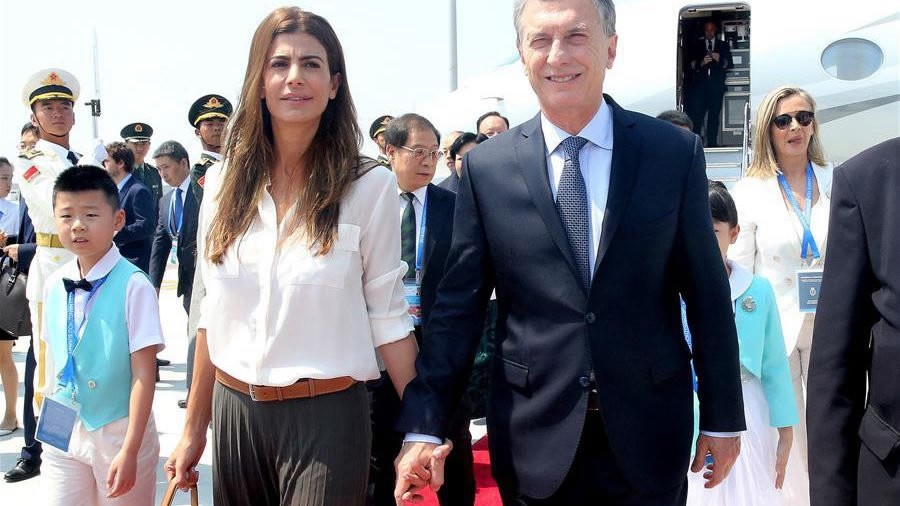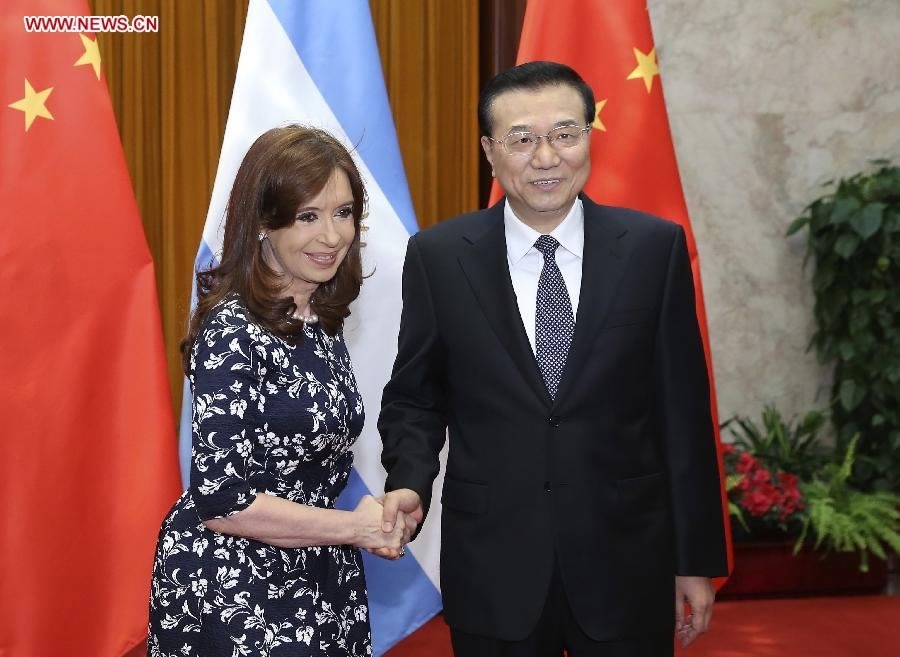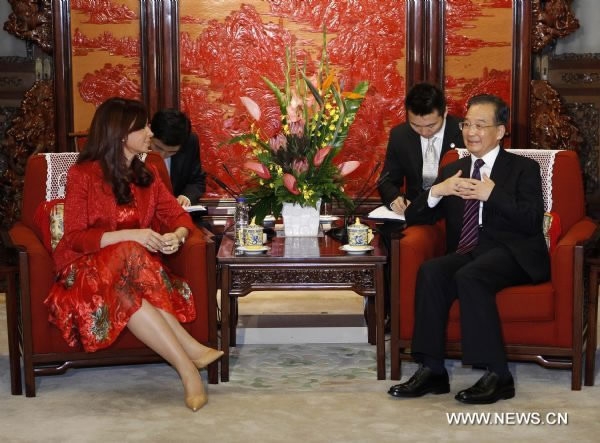
Politics
16:32, 19-Oct-2017
Unresolved death of activist may affect Argentina's election
CGTN

Argentina’s major political parties suspended their election campaign after the body of a missing activist was found in a river. The country is due to vote in mid-term elections on Sunday.
Santiago Maldonado went missing August 1, after border police reportedly arrested him. Embarrassed by the activist's disappearance, the police offered an award of 27,000 US dollars to trace Maldonado. His body was found more than two months later in the Chubut River in the country’s southern Patagonia region.
Maldonado was last in Patagonia, supporting the Mapuche Pu Lof community who had been occupying a disputed patch of land owned by Italian apparel giant Benetton Group.
The company's role in the dispute was exposed in 2015 after a couple, Atilio Curinanco and Rosa Naheulquir along with their four children living on an unfarmed plot in the area was evicted by the police, The Guardian reported.

Chinese Premier Li Keqiang (R) shakes hands with former Argentine President Cristina Fernandez de Kirchner during their meeting at the Great Hall of the People in Beijing, China, Feb. 5, 2015. /Xinhua/Pang Xinglei Photo
Chinese Premier Li Keqiang (R) shakes hands with former Argentine President Cristina Fernandez de Kirchner during their meeting at the Great Hall of the People in Beijing, China, Feb. 5, 2015. /Xinhua/Pang Xinglei Photo
The activist’s unresolved death is likely to affect the electoral mood.
Ruling president and former president in the fray
President Mauricio Macri's Cambiemos (Let’s Change) coalition, is in direct contest with former Argentine president Cristina Fernandez de Kirchner’s Unidad Ciudadana (Citizen's Unity) for Sunday’s election.
The outcome of the election will decide the fate of the 2019 presidential election.
Fernández is popularly known as “Queen Cristina” for implementing welfare programs during her two terms as president from 2007 to 2015. She enjoys considerable support from the poor electorate. Fernandez surprised the nation by announcing her candidacy on June 24.
The announcement also triggered a panic wave among investors. The country’s currency, the peso, lost nine percent a day after she announced her candidature. The central bank had sold more than one billion US dollars in reserves, in a bid to arrest the currency’s depreciation. Fernandez is also facing corruption charges in eight cases.
Unlike Fernandez, Macri has a strong backing from the majority of investors. During his tenure, Macri removed currency controls, abolished export taxes and restrictions on grains and resolved a legal dispute with creditors.
He also slashed subsidies for utilities including electricity and gas in a bid to contain the fiscal deficit. His decisions won applause by investors that deal with Argentina’s vast oil and mineral wealth.
A close contest

Former Chinese Premier Wen Jiabao (R) meets with then-Argentine President Cristina Fernandez de Kirchner in Beijing, China, on July 14, 2010. /Xinhua/Liu Jiansheng Photo
Former Chinese Premier Wen Jiabao (R) meets with then-Argentine President Cristina Fernandez de Kirchner in Beijing, China, on July 14, 2010. /Xinhua/Liu Jiansheng Photo
Nearly, one-third of the 72 seats in the Senate and almost half of the 257 seats in the lower House will be contested in the elections. While Fernandez dominates the Senate, Macri’s party has a majority in the lower House.
During the country’s primary elections on August 13, results announced a near tie between the two parties. Primary elections are held to select presidential candidates irrespective of their party affiliation.
The candidate who scores the highest votes from each party becomes that party’s candidate for the actual election.
Cambiemos and Unidad Ciudadana received 34.19 and 34.11 percent of the vote count respectively. The near tie lead to a recount of the votes, with Cristina Fernandez winning the primary election by a thin margin of 0.2 percent, Reuters reported.
According to Argentina's election system, the winning party in each Senate race gets two of the province's three seats, and the remaining seats go to the runner-up.
Buenos Aires holds the key for both political parties; about 40 percent of the voters reside in this province.

SITEMAP
Copyright © 2018 CGTN. Beijing ICP prepared NO.16065310-3
Copyright © 2018 CGTN. Beijing ICP prepared NO.16065310-3